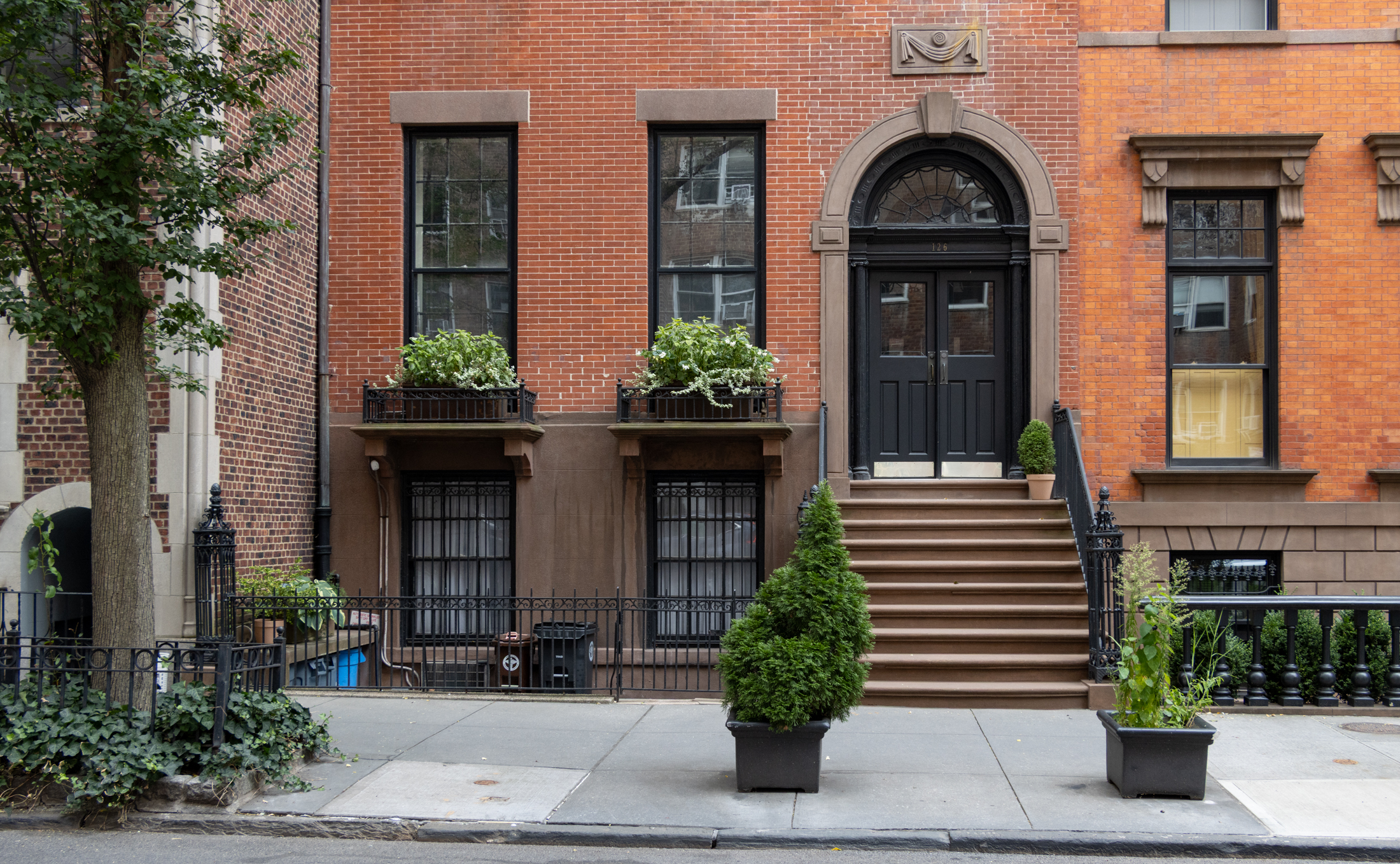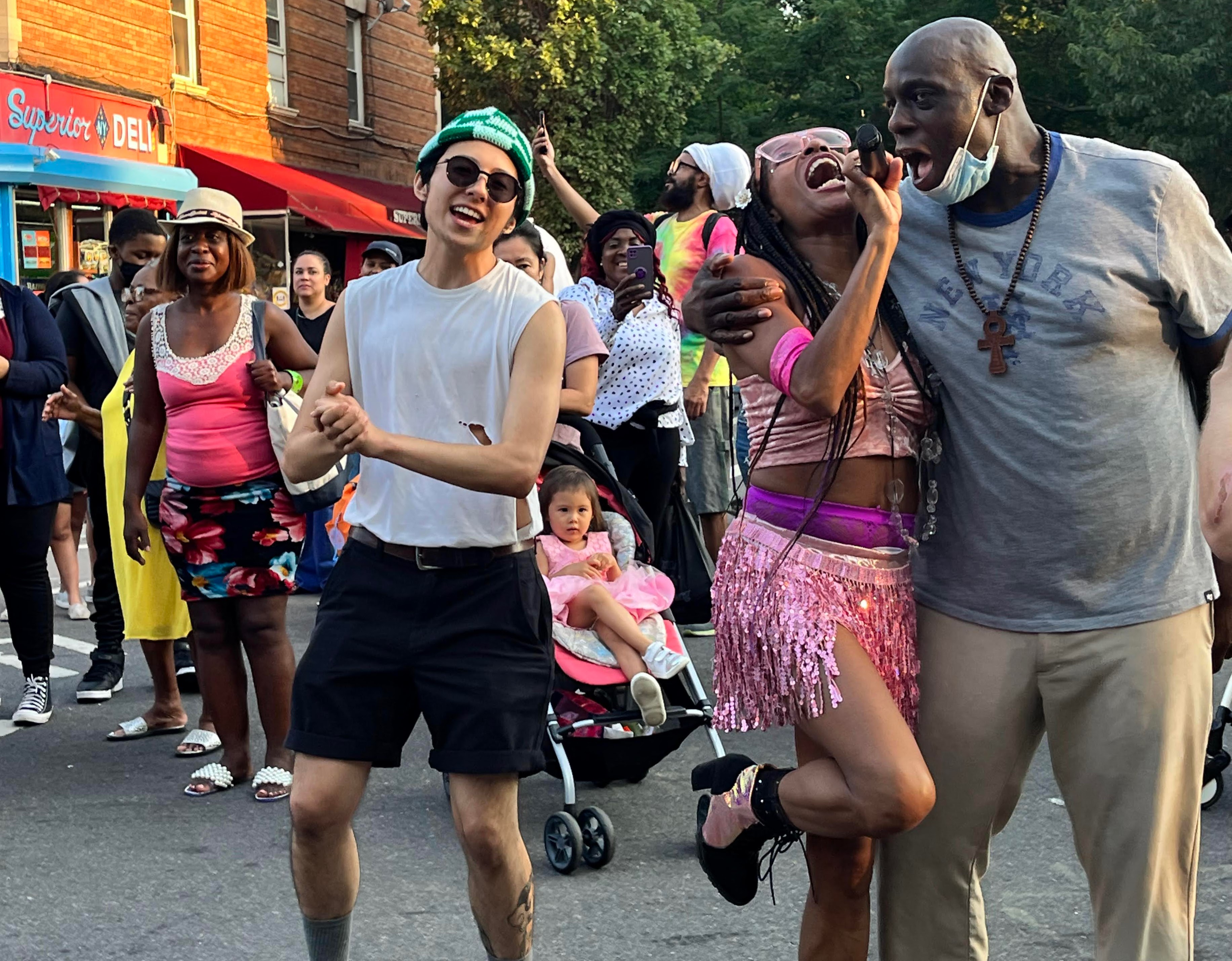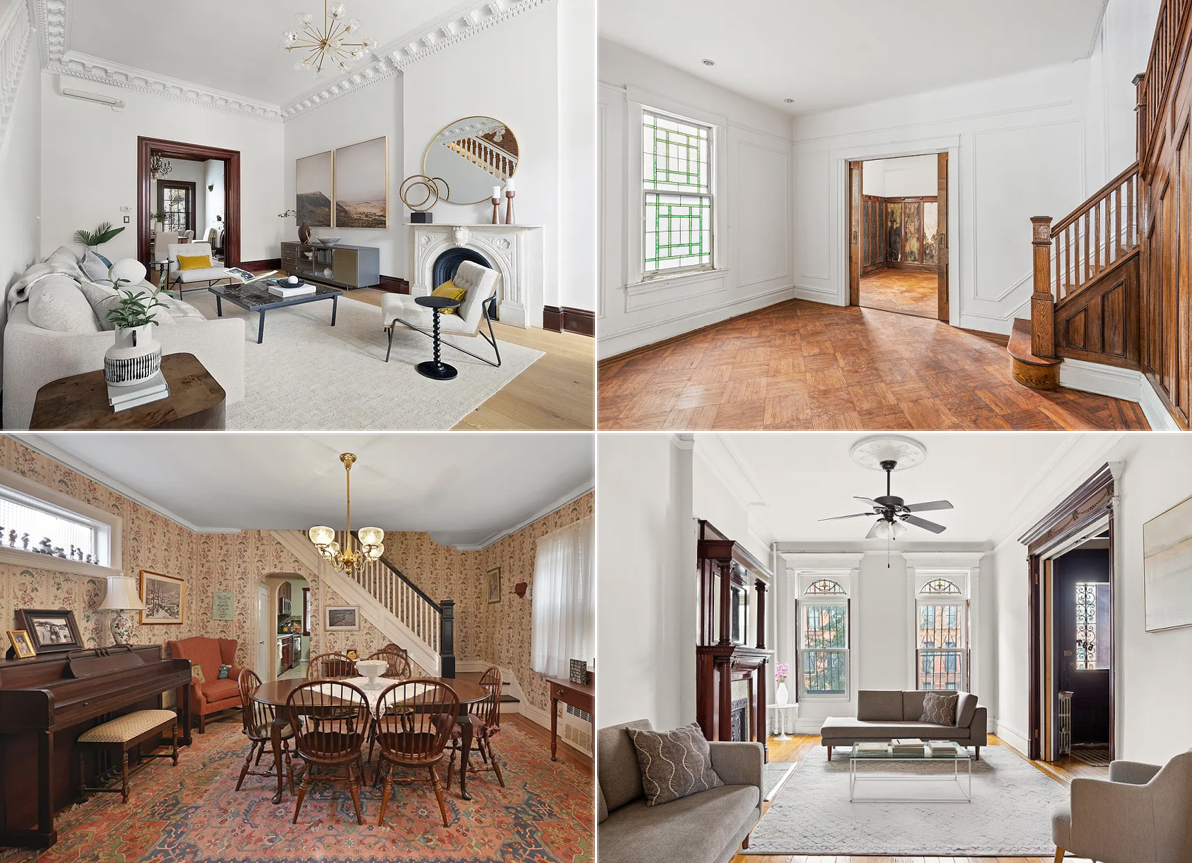Affordable Housing in Question at Domino
We’ve reported that the Domino Plan in Williamsburg guaranteed that 660 units, or 30 percent of the development, would be reserved for affordable housing. But the Domino Plan, to be voted on Thursday by the City Council, makes this agreement non-binding. The NY Post writes, “The zoning text will include standard language of the city’s…

 We’ve reported that the Domino Plan in Williamsburg guaranteed that 660 units, or 30 percent of the development, would be reserved for affordable housing. But the Domino Plan, to be voted on Thursday by the City Council, makes this agreement non-binding. The NY Post writes, “The zoning text will include standard language of the city’s Inclusionary Zoning policy thus guaranteeing that only 20 percent of the units will be set aside for low- and moderate-income residents.” While the Domino project manager vowed to follow through with the full agreement, if Domino is sold to another developer the 30 percent affordability guarantee could be ignored.
We’ve reported that the Domino Plan in Williamsburg guaranteed that 660 units, or 30 percent of the development, would be reserved for affordable housing. But the Domino Plan, to be voted on Thursday by the City Council, makes this agreement non-binding. The NY Post writes, “The zoning text will include standard language of the city’s Inclusionary Zoning policy thus guaranteeing that only 20 percent of the units will be set aside for low- and moderate-income residents.” While the Domino project manager vowed to follow through with the full agreement, if Domino is sold to another developer the 30 percent affordability guarantee could be ignored.
City Set to Approve Domino Plan Without Guarantees [NY Post]
Domino Sugar Coverage [Brownstoner]





speculation over domino appears on every real estate site. until there’s actually any construction, i’m finding it hard to give a damn either way. this is such a big site, and seems to be trapped right now in politics, that i don’t think anything will be relevant for years. especially regarding inventory, transportation or pricing.
Most of the affordable units at Domino are rental, just like at the Edge and Northside Piers. The developer promised about 100 “affordable home ownership” units. These may be under the City’s new affordable ownership program, which does allow some appreciation (but in the process, makes the units in future years unaffordable to the income brackets they were originally set aside for – a whole ‘nother side of the coin).
This project is inclusionary housing PLUS – the developer is doing 20% in exchange for being allowed to build more. On top of that, the developer promised an additional 220 units (and a whole bunch of other stuff) in exchange for building a hell of a lot more (way bigger than Northside Piers/the Edge, for instance). If the Post article is correct, those additional 220 units aren’t actually guaranteed – the city (and all the community groups that jumped on the Domino bandwagon without reading the owner’s manual) have to rely on the good faith of the developer (and hope that they don’t sell the project).
Yeah, bfarwell, it’s a total win for the developer. They get to exceed standard limitations by fulfilling the requirements of a worthless “affordable housing” program. These lower prices units are profitable for them AND they get to increase their inventory of units that are RIDICULOUSLY profitable for them.
Now, for the buyer…. well, they are stuck with the equivalent of a rental. The property value stays the same and the increasing maintenance fees over the years probably offset the reduction of your mortgage payment (in purchasing power terms).
Sorry, when I was reading tybur’s comment, I thought ‘owner’ was referring to the folks developing the project, not the people buying the unit. My bad.
if this is inclusionary housing, the developer gets to build extra (beyond zoning) as a bonus in exchange for affordable at 80% of AMI. IF it is another program, it could be 60%. inclusionary affordable should be in perpituity or 40 years with apartments going into rent stab. the reason there are so many hoops is because these programs use federal standards and the affordable “bands” between minimum and maximum income are so small. If building gets tax benefit, then federal standards are used.
most of the “affordable” apartments will go to the developers/builders/and friends and family members of city council members anyway. on citidata message board there are always people talking about applying for these and the insane amount of hoops they have to go thru, always to be rejected in the end for some ridiculous reason. sometimes the income restrictions are so beyond ridiculous that a duane read cashier makes too much :-/ or a on the other end of the spectrum a lawyer just starting out makes too little to qualify. this is all a sham just so the developer can do what they wanna do and grease the palms of people who allow it. at some point these things are going to be exposed for what they really are the shi is gonna hit the fan.
*rob*
I decided to not purchase into any affordable housing programs because of what tybur6 listed above. The best route for me is purchasing in the unregulated market with 20% down.
By saying that a certain percentage of apartments will be moderte to low income, basicaly means that the apartments are prices ridiculously high to begin with.
studios renting for 2 thousand dollars a month, oh c’mom already…..
and some moron will pay that amount of rent
Uh, the owner enters into the agreement because it allows them to do more development, right? If it removed all the positives of ownership, _the owner wouldn’t do it._ It’s a tradeoff, and they appear to feel that it’s worthwhile.